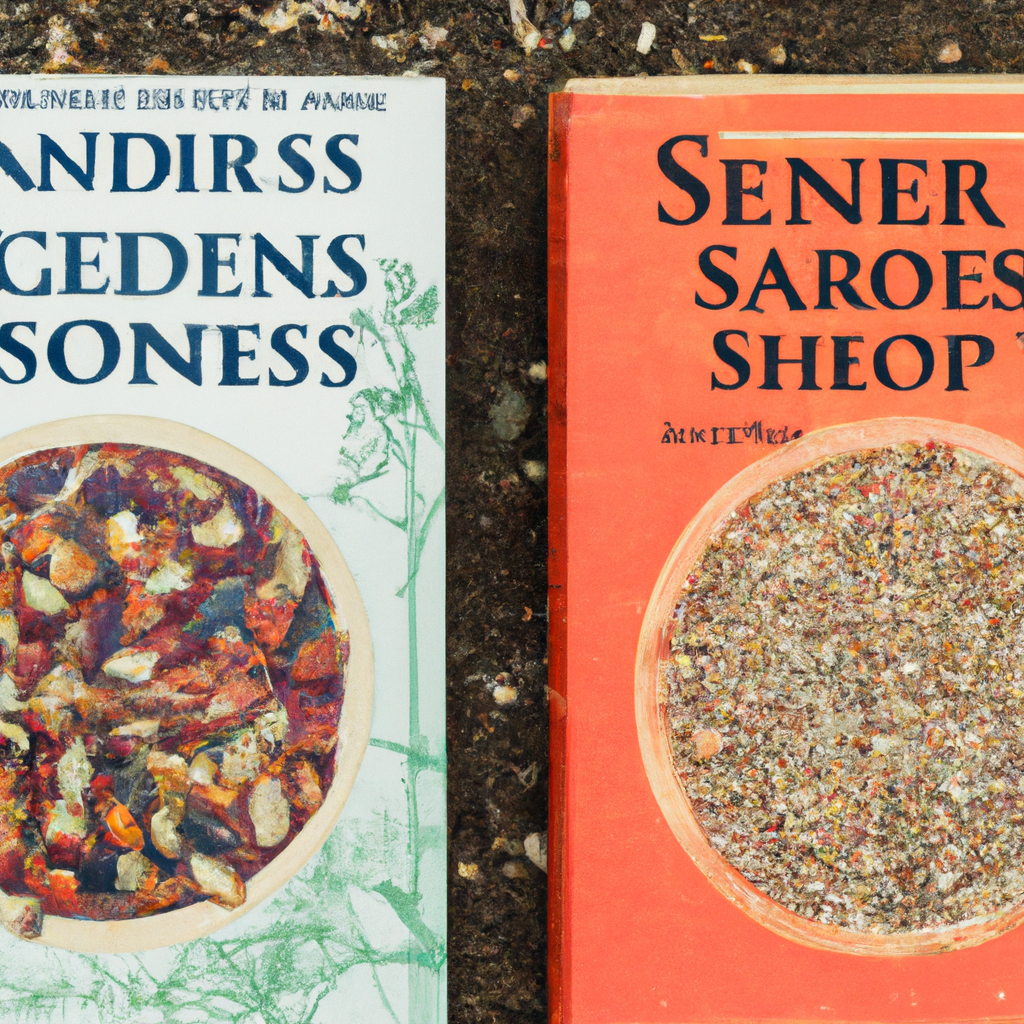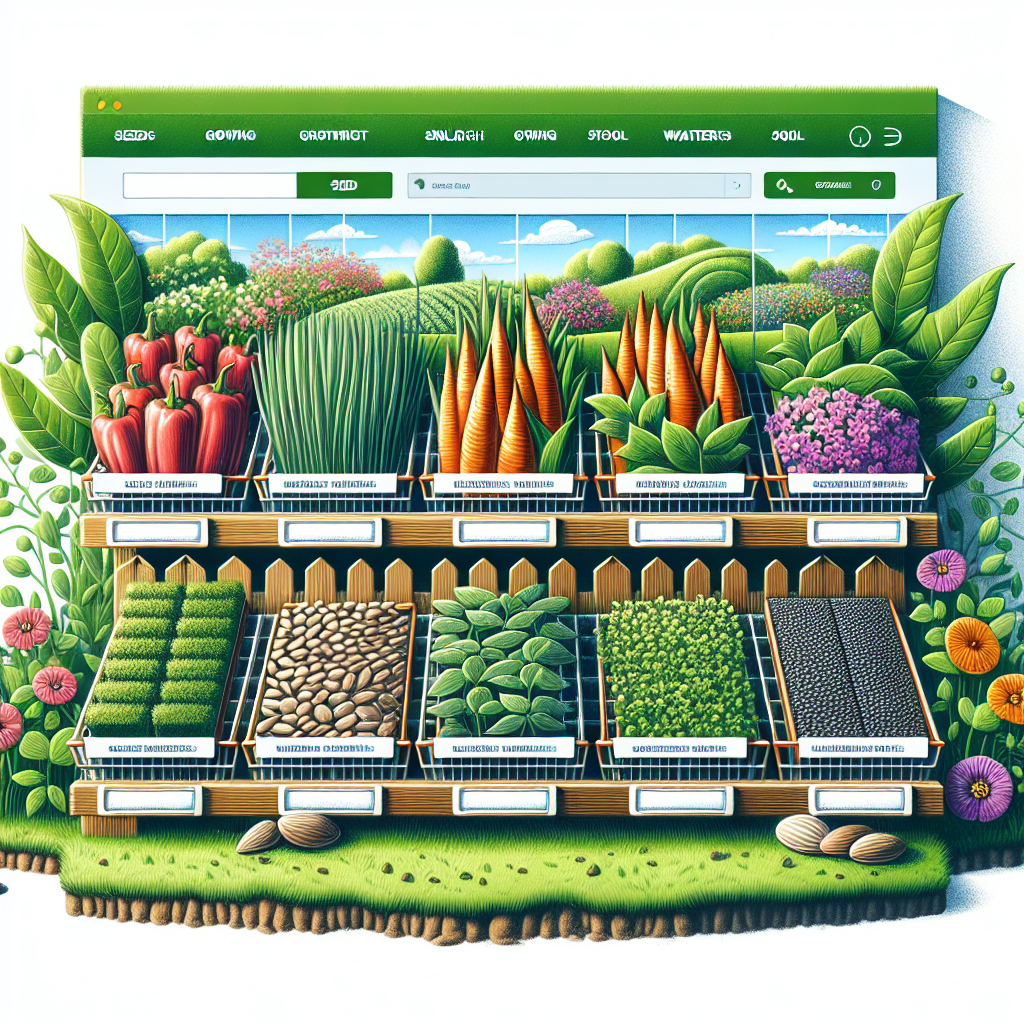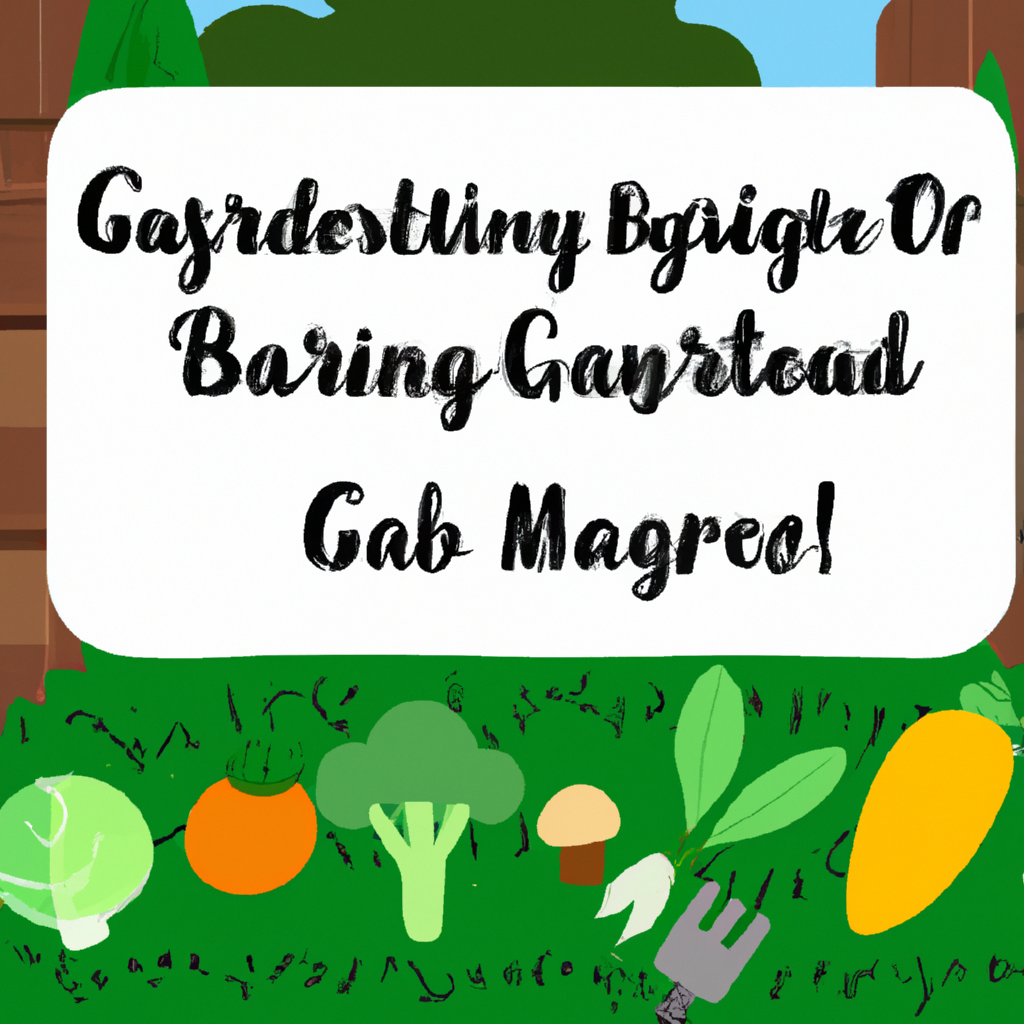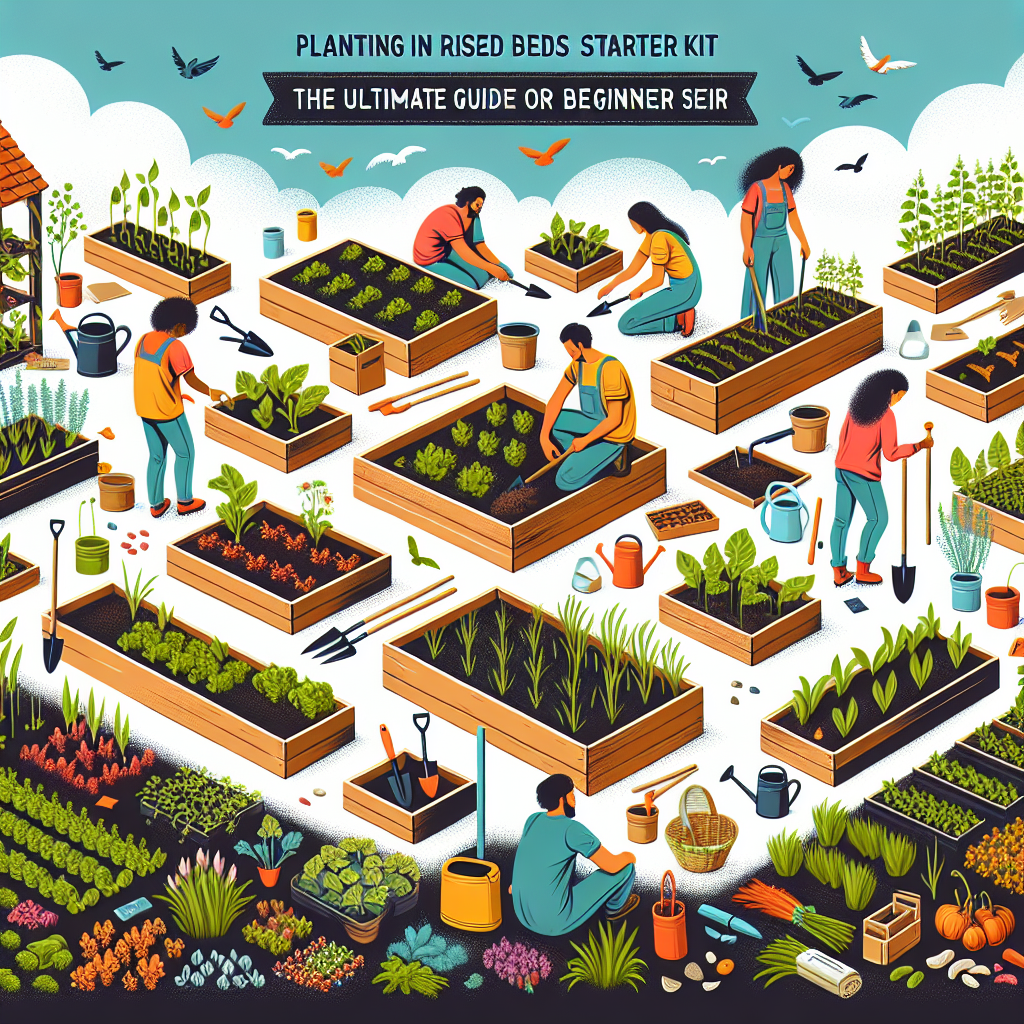Difference Between Organic and Heirloom Seeds
When starting your own garden, choosing the right seeds is a crucial decision. The terms organic seeds and heirloom seeds are often used interchangeably, but they represent distinct qualities, histories, and cultivation methods. In this article, we will explore the difference between organic and heirloom seeds, using SEO-friendly explanations, LSI-keywords, and an easy-to-read layout for beginner and experienced gardeners alike.
What Are Organic Seeds?
Organic seeds are seeds produced without the use of synthetic chemicals, pesticides, or genetically modified organisms (GMOs). These seeds are harvested from plants grown in accordance with certified organic farming practices, which prioritize soil health, biodiversity, and sustainable agriculture.
- Certified organic: Grown under strict guidelines and certified by regulatory agencies.
- No synthetic fertilizers or pesticides: Only natural methods used in their production.
- Non-GMO: Organic seeds are never genetically engineered.
- Healthy soil: Organic practices focus on soil fertility and ecosystem balance.
What Are Heirloom Seeds?
Heirloom seeds refer to open-pollinated seeds that have been passed down through generations, typically over 50 years or more. These seeds are valued for their genetic diversity, unique flavors, and historical importance. Heirloom varieties are often associated with traditional gardening techniques and are not hybridized or genetically modified.
- Open-pollinated: Seeds can be saved and replanted, producing plants true to type.
- Historical varieties: Passed down through families or communities for decades.
- Unique flavors and colors: Often cherished for superior taste and unusual appearances.
- Genetic diversity: Greater resilience against plant diseases and changing climates.
Key Differences Between Organic and Heirloom Seeds
| Feature | Organic Seeds | Heirloom Seeds |
|---|---|---|
| Definition | Seeds produced under organic certification standards | Seeds from open-pollinated, historic varieties |
| Growing Methods | No synthetic chemicals or GMOs | May be grown organically or conventionally |
| Seed Saving | Possible if open-pollinated, but not all are | Always possible; true to type each generation |
| Genetic Modification | Always non-GMO | Always non-GMO |
| Flavor and Diversity | Good, but depends on variety | Exceptional diversity and taste |
LSI Keywords Related to Organic and Heirloom Seeds
- Non-GMO seeds
- Open-pollinated seeds
- Sustainable gardening
- Seed saving techniques
- Heritage vegetable varieties
- Genetic diversity in plants
- Benefits of organic gardening
- Traditional farming practices
- Hybrid vs heirloom seeds
- Choosing the best seeds for your garden
Which Should You Choose: Organic or Heirloom Seeds?
The choice between organic and heirloom seeds depends on your gardening goals and values:
- If you prioritize chemical-free, eco-friendly gardening: Choose organic seeds. These ensure your plants start life without exposure to synthetic fertilizers and pesticides.
- If you want to preserve plant heritage and save seeds: Select heirloom seeds. They offer the ability to collect seeds year after year, maintaining unique and historic plant varieties.
- If you want both: Look for organic heirloom seeds—seeds that are open-pollinated and produced organically for the best of both worlds.
Many gardeners combine both types, choosing organic heirloom seeds for sustainability, biodiversity, and flavor.
Benefits of Organic and Heirloom Seeds for Your Garden
Benefits of Organic Seeds
- Reduces chemical input in your garden
- Supports eco-friendly farming practices
- Promotes healthy soil and pollinator habitats
- Aligns with organic food and lifestyle choices
Benefits of Heirloom Seeds
- Preserves plant genetic diversity
- Offers unique flavors and colors
- Facilitates seed saving and sharing
- Connects you with gardening history and tradition
Common Myths About Organic and Heirloom Seeds
-
Myth: Heirloom seeds are always organic.
Fact: Heirloom seeds can be grown organically or conventionally. Only those labeled as organic meet organic certification standards. -
Myth: Organic seeds are always heirloom.
Fact: Organic seeds can be hybrids or open-pollinated; not all are heirloom varieties. -
Myth: Heirloom varieties are less productive.
Fact: Many heirloom plants are as productive as hybrids, offering robust yields with proper care.
How to Start Your Garden with Organic or Heirloom Seeds
Starting a garden with organic or heirloom seeds is a rewarding journey. Here are some tips for success:
- Choose seed varieties adapted to your climate and soil.
- Read seed packets for germination and planting instructions.
- Prepare organic soil with compost and natural fertilizers.
- Practice crop rotation and companion planting.
- Save seeds from heirloom plants for next year’s garden.
- Keep records of your favorite varieties and their performance.
Conclusion: Embracing the Diversity of Seeds
Understanding the difference between organic and heirloom seeds empowers you to make informed choices for a healthier, more sustainable, and delicious garden. Both types offer unique advantages, and by experimenting with organic, heirloom, or a combination of both, you can cultivate a vibrant, productive, and environmentally-friendly home garden.



